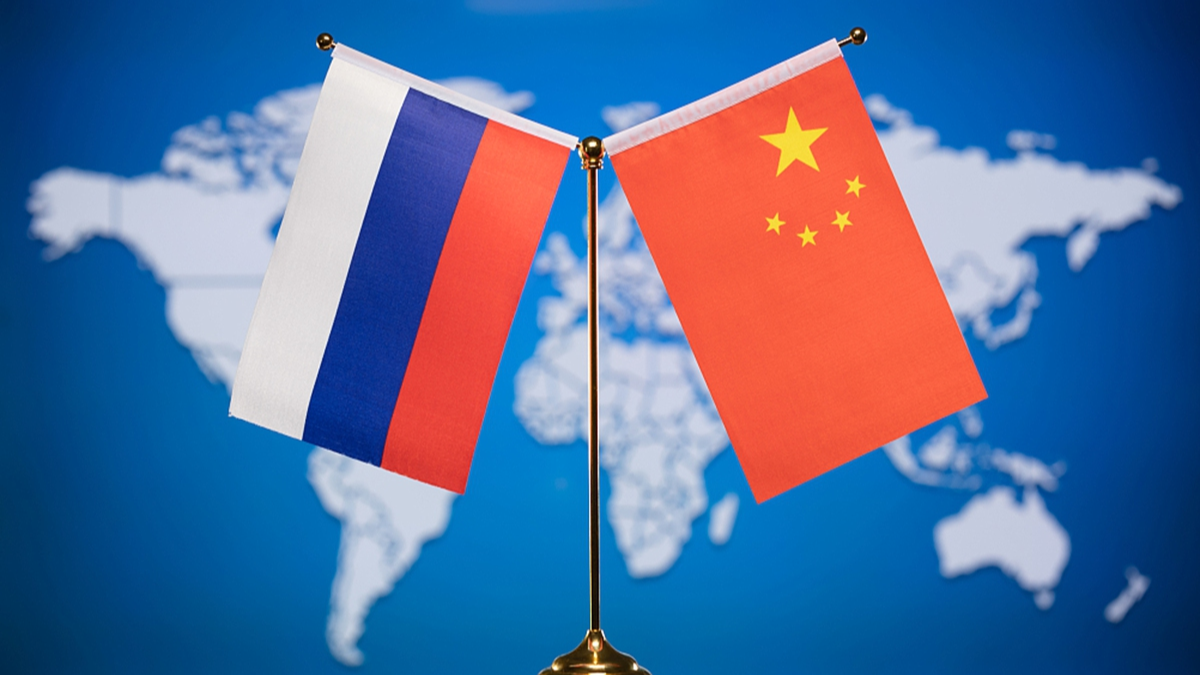您想继续阅读英文文章还
是切换到中文?
是切换到中文?

THINK ALUMINIUM THINK AL CIRCLE

Chinese banking regulators are making plans to permit Russian energy firms to restart selling yuan-denominated bonds in mainland China, a step that would give a vital non-Western source of funding to Moscow and represent a strong deepening of economic relationships between the two countries. The possible relaunch of this so-called "Panda Bond" market would restore a trail first blazed by Russian aluminium behemoth Rusal.

A new system of finance in the making
Senior Chinese financial policymakers signalled their approval of the proposal in recent talks with Russian energy executives. If it goes ahead, it will be the first time a Russian firm would raise capital on mainland China since the 2022 invasion of Ukraine.
The only historical precedent for such a step is from the aluminium sector. The most recent Russian firm to penetrate this market successfully was state-owned aluminium firm Rusal, which raised 1.5 billion yuan with Panda Bond issues in 2017. This proved the scalability of the Chinese bond market for Russian capital-intensive industrial companies looking to diversify their financing base away from the US dollar.
Also read: Rusal's alumina refinery in Limerick faces energy market suspension
Russia and China closer than ever
The first in line to issue new bonds are likely to be less-sanctioned players, including the state-owned nuclear energy business Rosatom. In anticipation, leading Russian companies are constructing a new financial architecture, obtaining credit ratings from Chinese bodies such as CSCI Fengyuan following delisting by Western firms like Fitch.
This economic integration comes in tandem with deepening political and trade ties. Russian President Vladimir Putin and Chinese President Xi Jinping recently signed an MOU for 'Power of Siberia 2' gas pipeline, further solidifying their energy tie-up.
This closer integration is also evident in trade flows, with Russian aluminium exports to China experiencing a sharp increase as the old trade maps are being rewritten. The revival of Panda Bonds reinforces the Russia-China axis, enhances the global role of the yuan, and opens up once again an important avenue of capital for Russia's strategic industries.
Also read: Barter creeps back into trade as Russia and China rewrite the rules
Note: To get live update on the market from industry industry, watch our webinar.
Responses








